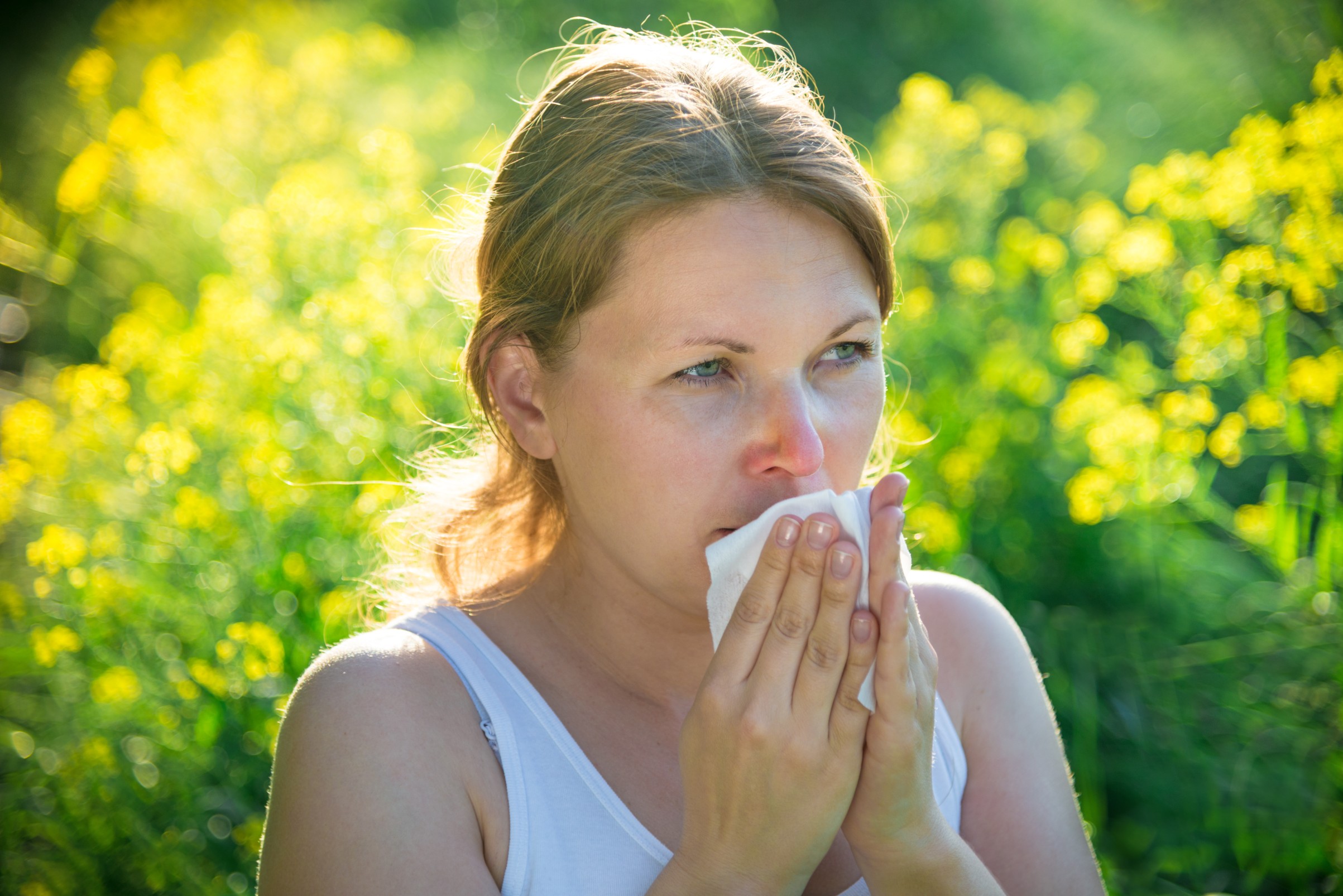
If you are having more problems with pollen allergies than before, you are not alone.
Doctors say that the last few allergy seasons in the United States have been more severe than usual. Record numbers of people are seeking treatment for sneezing, a constant runny nose, and itchy eyes, according to an article in Columbia University Magazine.
Read More »The reason: It causes difficulties at work or school, sleep problems, challenges socially, and even depression and anxiety, he says. The most severe forms of hay fever, or allergic rhinitis, can be resistant to treatment and are linked with sinus problems. Such issues include the formation of nasal polyps that can cause blockages as well as other medical complications.
Increased amounts of pollen also worsen the effects of asthma.
In other words, allergies to pollen are more than simply a nuisance.
Climate change is a reason
Medical specialists at Columbia University explain that many social and environmental factors are involved, but climate change seems to be a significant factor, the magazine article reports. Studies show that people in many parts of the world, including the United States, are being exposed to more pollen as a result of increasing temperatures and growing levels of carbon dioxide in the atmosphere.
These factors cause some of the more prolific producers of pollen, such as wild grasses and ragweed, to grow more vigorously, cover larger areas, and to flower during more months of the year than before.
Those grasses and weeds that produce a lot of pollen usually are more diverse, more resilient and adapt better to changes in the climate, explains Dr. Lewis Ziska, a professor of environmental health sciences at Columbia’s Mailman School of Public Health.
Pollen season lasts longer
Ziska published a study last year that showed that the pollen season in North America now lasts for three weeks longer than in 1990 and produces about 20% more pollen.
People are exposed to pollen for a longer time, he adds. The pollen season in the northeast of the United States now lasts from March to November, for example. The main producers of pollen are ragweed in the fall, grasses in the summer, and trees in the spring.
More allergenic than before
In addition, climate change is adapting the structure of the plants so that they are more allergenic. The pollen grains in ragweed, for example, are covered in more of the spiky proteins that our immune systems mistake for dangerous substances that need to be fought off.
Other studies have shown that pollen from trees is being changed in a similar way.
In another study Ziska and fellow researchers found that in 2020 when the concentration of pollen was high, more infections of COVID-19 were reported.
The reason was that even slight changes in the respiratory tract caused by pollen can make a person more susceptible to viral infections.
Fighting back
So what should sufferers do to obtain relief?
In the Columbia University Magazine article Gudis outlines three main paths.
• Reduce your exposure to pollen.
Gudis agrees that this can be difficult to do, but it is not impossible.
He recommends that those who suffer from pollen allergies should keep their windows closed when concentrations of pollen are at their peak levels. They should also use HEPA filters or air conditioners that can filter out really small particulates.
He suggests, too, that you should shower or bathe each night before you go to bed. The reason is that pollen grains are really small and will cling to your skin, hair, and clothing, so it is a good idea to wash them off before they get into your bedding.
• Avoid exposure to smog and other kinds of air pollution.
Once your immune system is primed to react to one kind of airborne allergen, such as pollen, other irritants can cause the same inflammation.
It is possible, therefore, to experience symptoms of an allergy even when there is no pollen in the air.
• Wash out allergens.
Nasal-irrigation devices, such as neti pots, are useful in washing out allergens, Gudis says.
• Take medications.
Among the medications that Gudis suggests are antihistamines or nasal steroid sprays such as those sold under the brand names of Claritin or Allegra.
These medications block the inflammation that your body produces to fight off the pollen.
• Get tested.
Should the medications not work, the next step is to get tested by an allergist who will take tests to find out what specific allergens are causing you to suffer.
Once you know what they are, you might consider receiving oral drops that retrain the body’s immune system to respond in a more calm way to the allergens, Gudis says.
Also helpful in this regard are allergy shots. They work by steadily exposing your body to the things to which you are allergic, he explains.
Significant improvements have been made in making allergy tests more accurate, Gudis notes. Immunotherapies, such as oral drops, also are becoming more effective and safer.
• New developments
An area that holds promise is the development of monoclonal antibodies that are being designed to stop the body’s inflammatory response to allergies, Gudis says.
Even as the threat to public health posed by allergies is growing, researchers are developing more powerful options that are also being individualized, he notes.





